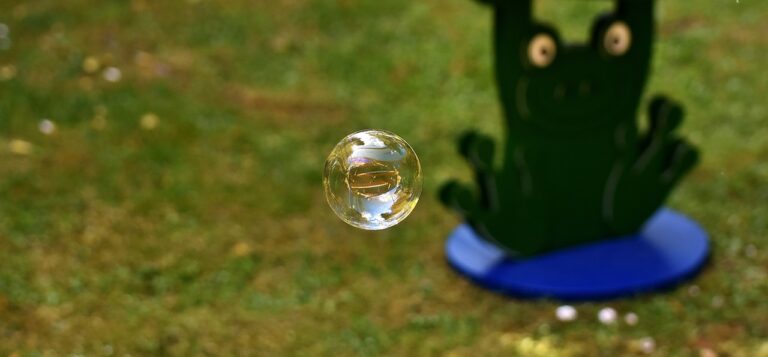The Psychology of Concert-Goers: Understanding Audience Behavior: Betbook 247 com, Radhe exchange id, My laser 247 login
betbook 247 com, radhe exchange id, my laser 247 login: Concerts are a unique and exhilarating experience that brings people together to enjoy live music in a shared space. As concert-goers, we are often surrounded by strangers, yet we feel a strong sense of connection with those around us. Have you ever wondered why people behave the way they do at concerts? What drives their actions and emotions during a live performance? Let’s delve into the psychology of concert-goers to better understand audience behavior.
The Thrill of Live Music
One of the primary reasons people attend concerts is the thrill of experiencing live music. Research has shown that live music can create a sense of euphoria and excitement in concert-goers. The energy of the crowd, the powerful sound of the music, and the dynamic performance of the artist all contribute to a heightened emotional experience.
Group Dynamics
Concerts also offer a unique opportunity for social interaction. The shared experience of being in a crowd of like-minded individuals can create a sense of camaraderie and unity. Concert-goers often feel a strong connection with the people around them, even if they are strangers. This sense of belonging can enhance the overall enjoyment of the concert.
Emotional Release
Attending a concert can be a cathartic experience for many people. Music has the power to evoke strong emotions, and concert-goers may use live performances as a way to express and release pent-up feelings. Whether it’s dancing, singing along, or simply immersing themselves in the music, concert-goers often engage in behaviors that help them connect with their emotions.
Escapism
Concerts provide a temporary escape from the stresses and demands of everyday life. For a few hours, concert-goers can lose themselves in the music and the atmosphere of the venue. This sense of escapism can be freeing and rejuvenating, allowing people to relax and have a good time without worrying about their responsibilities.
The Psychology of Fandom
Many concert-goers are also avid fans of the artists they come to see. The psychology of fandom is a complex phenomenon that can influence audience behavior at concerts. Fans may feel a deep sense of loyalty and connection to their favorite artists, leading them to exhibit high levels of enthusiasm and devotion during live performances.
FAQs
Q: Why do people dance and sing along at concerts?
A: Dancing and singing along at concerts are common ways for people to engage with the music and express their enjoyment. It can be a form of physical release and a way to connect with the emotions evoked by the music.
Q: Why do some people cry at concerts?
A: Music has the power to evoke strong emotions, and some people may find themselves overwhelmed by feelings of joy, sadness, or nostalgia during a live performance. Crying at concerts is a natural response to the emotional impact of music.
In conclusion, the psychology of concert-goers is a fascinating area of study that sheds light on the motivations and behaviors of audience members. From the thrill of live music to the sense of connection with fellow concert-goers, there are many factors that shape the concert-going experience. By understanding the psychology behind audience behavior, we can better appreciate the power of live music to bring people together in powerful and meaningful ways.







